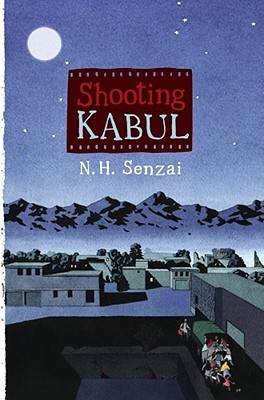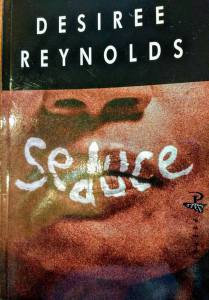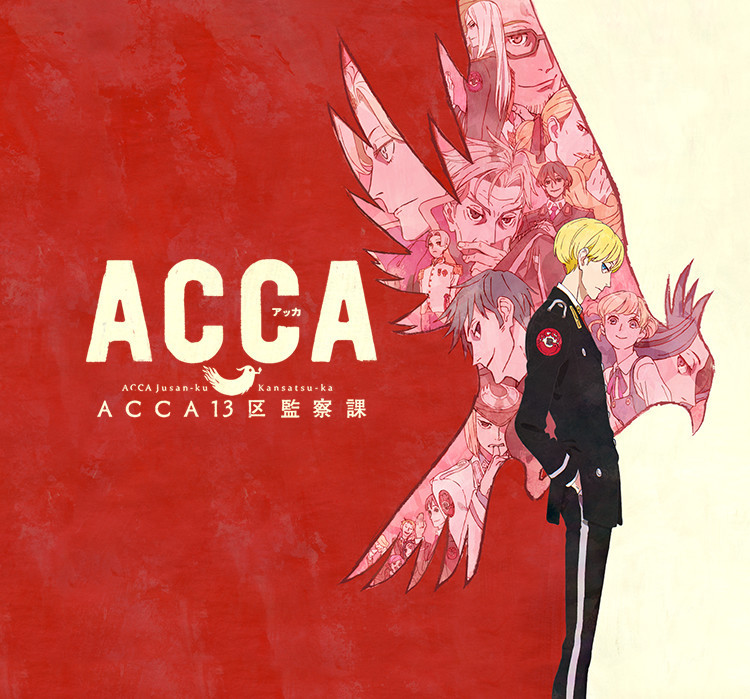
Following on from his exemplary performance on Space Dandy and One Punch Man I was as excited as anybody to see where Shingo Natsume’s rising star would bring him next. Thus much expectation was heaped upon his most recent directorial work, an adaptation of Natsume Ono’s manga of the same name billed as “an ensemble drama about crafty men” which could easily be a descriptor for a significant volume of her creative output. What Ono’s manga also have is a seemingly effortless aura of style & sophistication, and ACCA’s tangled web of bureaucracy, suspicion and intrigue looked like just the right amount of substance to complement it.
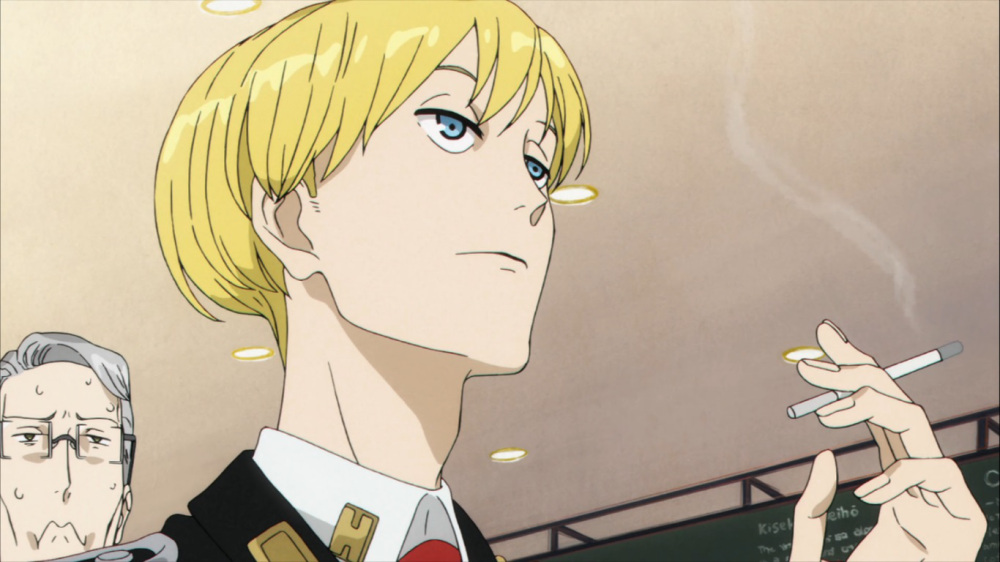
Our fancy lad in this series is one Jean Otus, the aloof second-in-command of the ACCA inspection department. Set in the Kingdom of Dowa, ACCA is a government agency set up in the aftermath of the conflict one hundred years ago amongst the country’s thirteen states which were eventually united as one nation. Jean’s purpose is to visit each ACCA district office and conduct audits of their activities in managing the state’s infrastructure, public services and so on before reporting his findings back to headquarters. Naturally this would make for pretty tedious viewing so of course rumours begin to swirl of a possible conspiracy to conduct a coup d’etat that stretches to the highest levels of government. All of a sudden nobody is completely sure of anybody’s character anymore, least of all Jean Otus, whose chain-smoking habit in a country where cigarettes are a prohibitively expensive item has already prompted quiet suspicion within the agency.
If it seems like the stage is set for a deadly double-crossing game of cat & mouse, well you’d be partially right. What you may not expect if you weren’t passingly familiar with Natsume Ono’s manga is for it all to play out in the most polite, civil and low-key way imaginable. Any notions of a nerve-wracking spy thriller seem swept away as Jean goes about making his rounds of the districts, conducting his audits while subtly probing for information, all while that other Ono mainstay of refined older gentlemen converse over tea and cakes, although this time they trade sensitive secrets instead of ribald quips.
This all may sound incredibly off-putting but when you put some thought to the matter it makes perfect sense. Decades of James Bonds, Mission Impossibles and Jason Bournes have given rise to the image of the spy game being a rip-roaring action adventure full of death traps, danger and derring-do. In actuality espionage is often stupefyingly tedious. Hours of surveillance, secret meetings and report writing aren’t exactly the sexiest material one could commit to the screen so it’s no wonder the more exaggerated version caught on. A more accurate comparison would be to something along the lines of The Lives Of Others, A Most Wanted Man or other John le Carré novels, and as those examples have shown there’s a plenty of shock and suspense to be gained from taking the more measured approach.
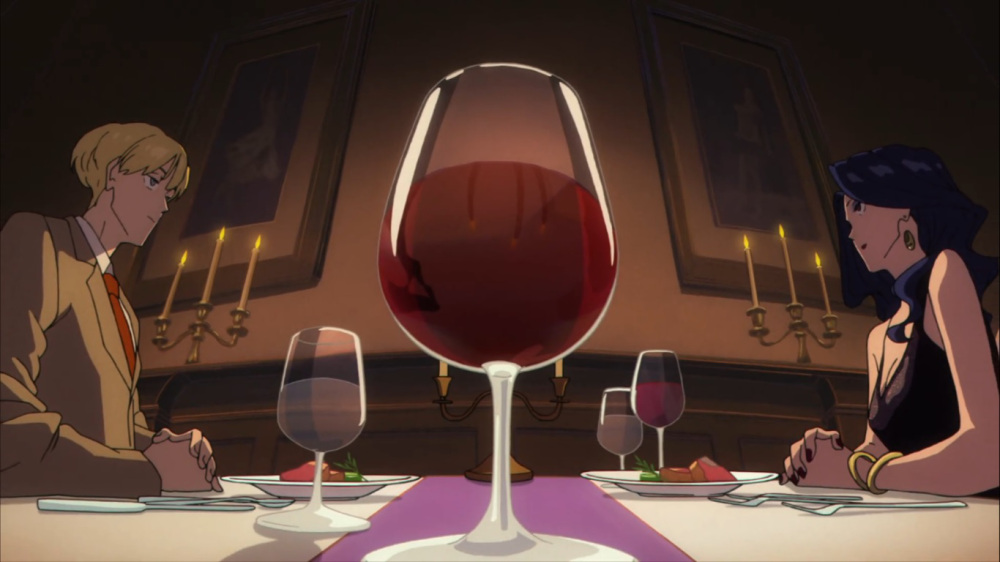
This also goes a long way towards explaining Shingo Natsume’s presence, whose history in much more dynamic fare makes him seem an odd fit for this languidly paced series. In a show where a majority of the scenes are people talking over tables it takes a director with a keen eye for composition, framing and character animation to keep one engaged throughout and it’s to Natsume’s credit along with the storyboard and animation teams that they succeed in wringing no small amount of intrigue from otherwise everyday events. Lunchtime meetings at the local patisserie are now pregnant with hidden meaning as each party attempts to ascertain the motivations or loyalties of the other. When they say “pass the strawberry jam” is that supposed to be the secret code for “initiate the uprising now comrade”, the scarlet hues of the fruity spread evoking the cleansing fires of revolution? Or is this really just two old friends meeting up to share the sweet spoils of a recent business trip?
The fact that these proceedings seem to carry on so ordinarily when you as a viewer know there are bigger things happening behind the scenes causes you to interrogate every element of the most banal activity. When crucial details can be communicated via casual dialogue or even a knowing smirk it fosters in you an instinct to pay attention to every little thing. ACCA is more than happy to let you play detective, following the clues to assemble a picture of what you believe must be going on by the end of one episode before upending your expectations with the events of the next and sending you straight back to the drawing board, the proverbial red strings and pinned-up newspaper clippings now having to be re-configured to reflect the current state of play. Neither can you be entirely certain about Jean Otus himself; is he as conniving as the office gossips assume, an oblivious pawn in a grander scheme or merely playing the fool while he figures things out on his own end?
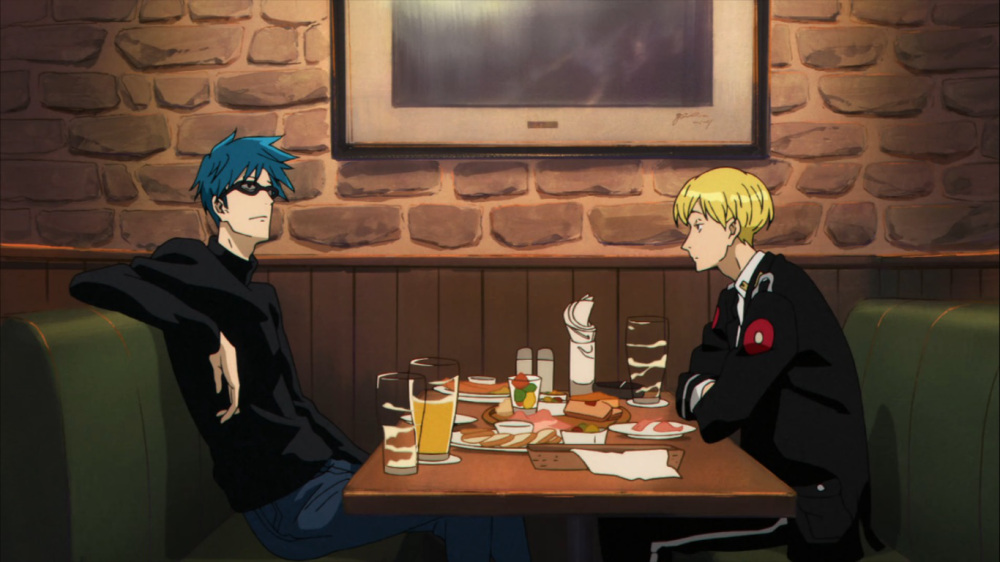
I had tremendous fun watching ACCA as it aired, excitedly sharing theories with friends week on week hoping to beat the series to the truth before the ending. That it can prompt this response from a viewer continuously and sincerely is a feat in and of itself, though I’d be remiss to not mention the wealth of warmth and character contained within as well. Jean’s meetings with friends, colleagues or family may be duels of deception some of the time but others are genuine opportunities to spend a chilled out afternoon in the company of some very lovely people. The affection he has for those most important to him is palpable, usually split between doting on his younger sister Lotta and evening dates at the pub with his old photographer pal Nino, who also has a heavy air of mystery surrounding himself. Whatever you figure his intentions may be there’s no escaping that Jean is a truly affable dude who’s kind to everybody he meets, whether in the far flung districts with their own etiquette and social customs or the cosy confines of his favourite cafe. It’s good to know who you can rely on, especially in an environment of suspicion and misdirection like this one where trust is the greatest currency of all.
ACCA may not be the most outwardly bombastic series and your enjoyment of it will definitely hinge on your tolerance for its relentlessly relaxed atmosphere. Perhaps matching its leisurely pace with one episode at a time is the preferred method, lest you become a prisoner of chilling out. This will also give you a little time to digest the story content because half the fun of this show is formulating your own theories and trying to untangle the knots of social connections to arrive at the truth. In an era where our own real world politics have taken a decisively ugly turn it’s positively refreshing to see something where people sit down and talk things out like adults, and speaks volumes about the anime medium as a whole that there’s room for stories such as this one. Isn’t it nice to have a government conspiracy that doesn’t end in violent bloodshed for once?
ACCA: 13-Territory Inspection Department is available for streaming on Crunchyroll. Dig that smooth OP!
Advertisements Share this:



